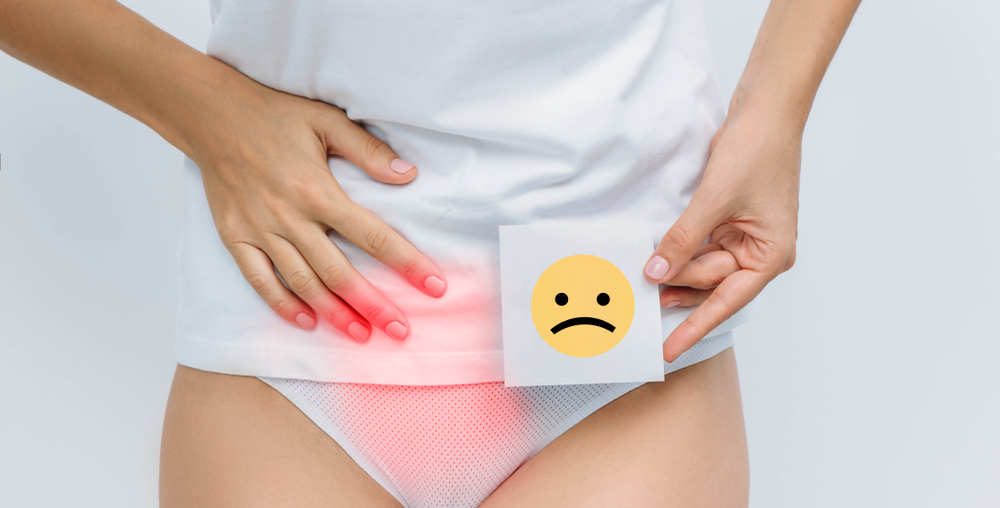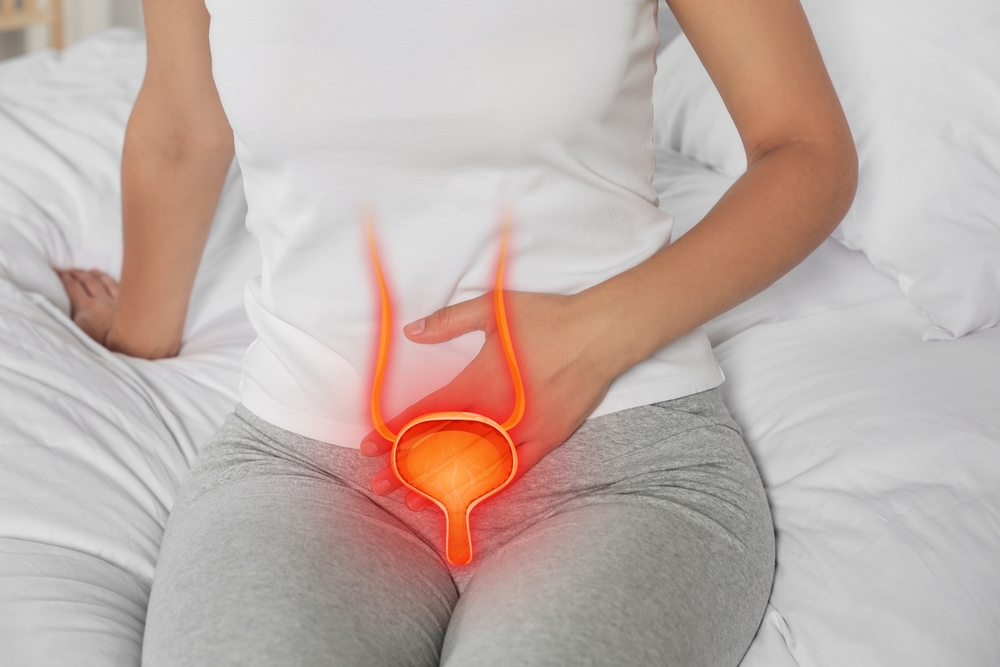Swerve Cystitis This Summer in 7 Easy Steps
With warmer weather on our doorstep, it’s time for picnics, drinks in the sun, holidays and outdoor activities. But with the summer season comes an increased risk of cystitis, the most common type of urinary tract infection (UTI).[1]
Cystitis is so common among women that research shows that more than 30 percent will experience at least one episode of cystitis in their lifetime,[2] with a third of females experiencing cystitis by the time they reach the age of 24.[3]
Speaking of the impact that the summer months can have on the chances of developing cystitis, Women’s Health expert Dr Catherine Hood and advisor to Effercitrate Tablets reveals: “Studies show that warmer weather increases the risk for UTIs.[4] Summer is a time when we tend to feel more relaxed, we may drink more alcohol and snack on salty foods when we’re pic-nicking, further increasing our risk of dehydration.”
In fact, staying hydrated is key as dehydration can unbalance the pH of urine, leading to cystitis.[5]
Symptoms of this often-painful UTI include burning or stinging when you pee, needing to pee regularly, but passing only a little or no urine, pain in the lower tummy, cloudy, dark or strong-smelling urine, incontinence, a high temperature and generally not feeling well.[6]
Dr Catherine Hood adds: “We also tend to swim more during summer and then sit in a wet bathing costume post those summer swims. We also sweat more, including in the groin area – which can all encourage bacteria growth.
“Plus, “summer lovin’” may also impact rates of cystitis as we may enjoy more sexual activity in the summer. Estimates show that sex-induced cystitis accounts for around 60% for recurrent cases.[7]
“As cystitis is mostly caused by bacteria from the rectum, movements during sex help move these bacteria up the urethra into the bladder. Oral sex can transfer bacteria from a partner’s mouth and using a diaphragm for contraception may also increase the risk.”

So, with all this in mind, how can we bust cystitis? Here are 6 top tips to help.
#1. Effercitrate Tablets.[8] Effercitrate Tablets are easy to use and can help treat cystitis. Did you know that UTIs themselves are also one of the most common health ailments that people present with at GP surgeries or pharmacies, and account for 23% of all infections[9]?
Explaining how Effercitrate Tablets works, Dr Catherine Hood says: “Available without the need for a prescription or a urine sample, the lemon and lime flavoured effervescent tablets when dissolved contain the ingredient potassium citrate – which makes the urine more alkaline, helping to soothe the bladder and urethra lining and relieve discomfort caused by the infection. Take two tablets dissolved in a glass of water up to three times daily and take them with meals or shortly afterwards.”
#2. Wash down below and keep dry
Wash your genital area before and after sex to keep any bacteria away from the urethra. But, when washing, avoid bubble baths, talcum powder and feminine wipes as these can cause irritation.
Dr Catherine Hood adds: “Have a wee and empty your bladder after sex. Lean back on the loo when passing urine and wait for the last few drops to pass out.” Once washed, keep your genital area dry from urine and sweat.
#3. Your gut comes first
Maintain healthy gut microbes to support your immune function and risk of infection.
“Enjoy a diet filled with fruit and vegetables with minimal or no ultra-processed foods high in sugar, fat and salt. A probiotic supplement and/or fermented foods or drink such as live plain yoghurt or kefir, can also help,” says Dr Catherine Hood.
#4. Stay hydrated
As well as staying hydrated throughout the day – the government’s nutrition advice – the Eatwell Guide – recommends that people should aim to drink 6 to 8 cups or glasses of fluid a day.[10] And always have a large glass of water straight after having sex. Dr Catherine Hood says: “This strengthens your urinary stream and reduces the chances of bacteria sticking to the wall of your bladder and urinary tract. Hydration will generally make you pee more often, flushing the bacteria out.”
#5. Wear cotton underwear
“Opt for cotton underwear as it is soft and allows the vagina to breathe,” advises Dr Catherine Hood.
“Steer clear of tight-fitting jeans or trousers and if you’re wearing tight clothes at the gym, don’t delay in changing after exercise to reduce the chance of bacteria,” adds Dr Catherine Hood.
#6. Avoid sex (when you have cystitis)
When you have an infection such as cystitis, the urethra is more sensitive. “Sex can cause friction and irritation in the urethra. With penetrative sex, pressure on the vagina can also put pressure on the bladder and cause more pain if it is inflamed and sensitive,” says Dr Catherine Hood.
Last word
Although cystitis can be incredibly infuriating, it can be dealt with such as with easy-to-use Effercitrate Tablets containing potassium bicarbonate and citric acid for the treatment of cystitis symptoms in adults. Always read the label. But Dr Catherine Hood says that If your cystitis symptoms continue for more than a couple of days after treatment, see your GP. “Cystitis can occasionally progress to a kidney infection, which will require treatment with antibiotics.”





